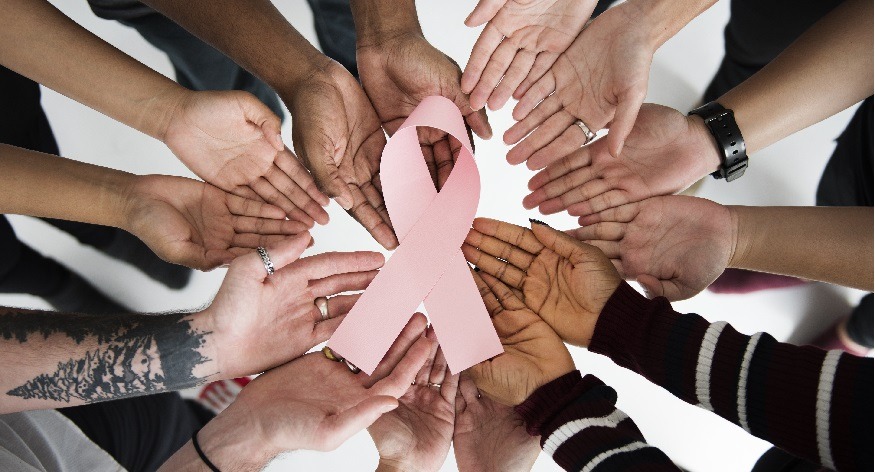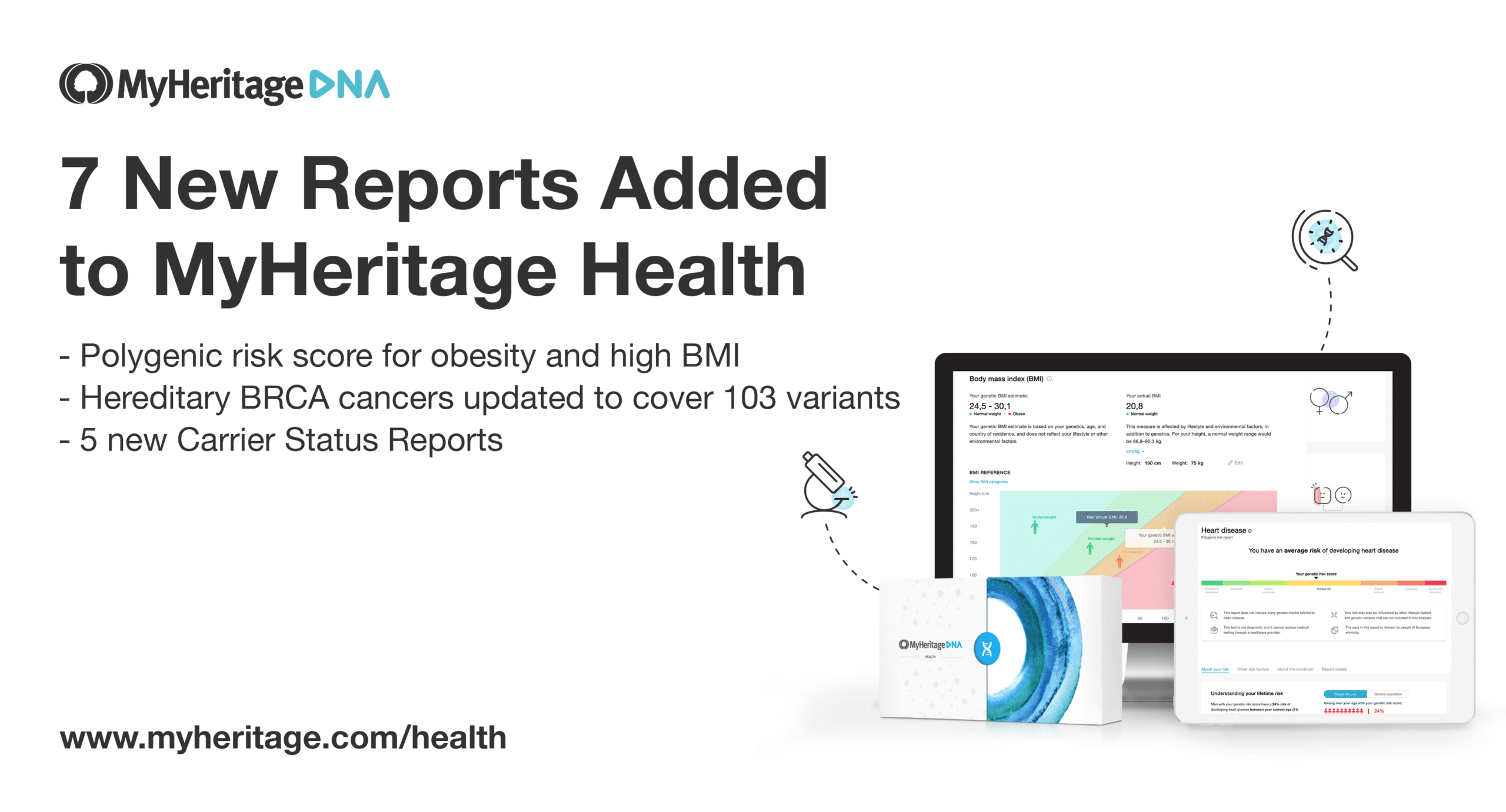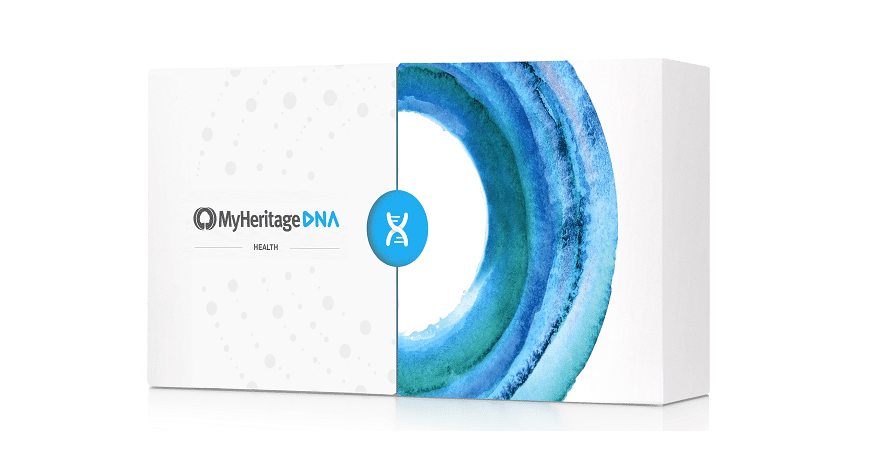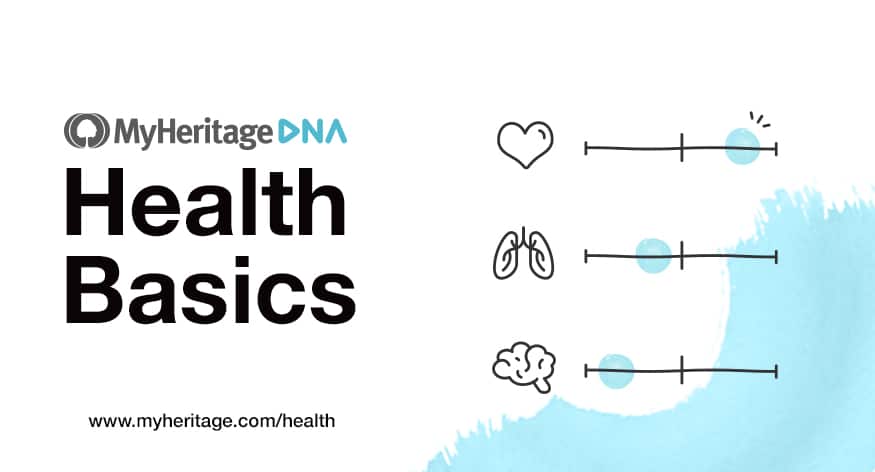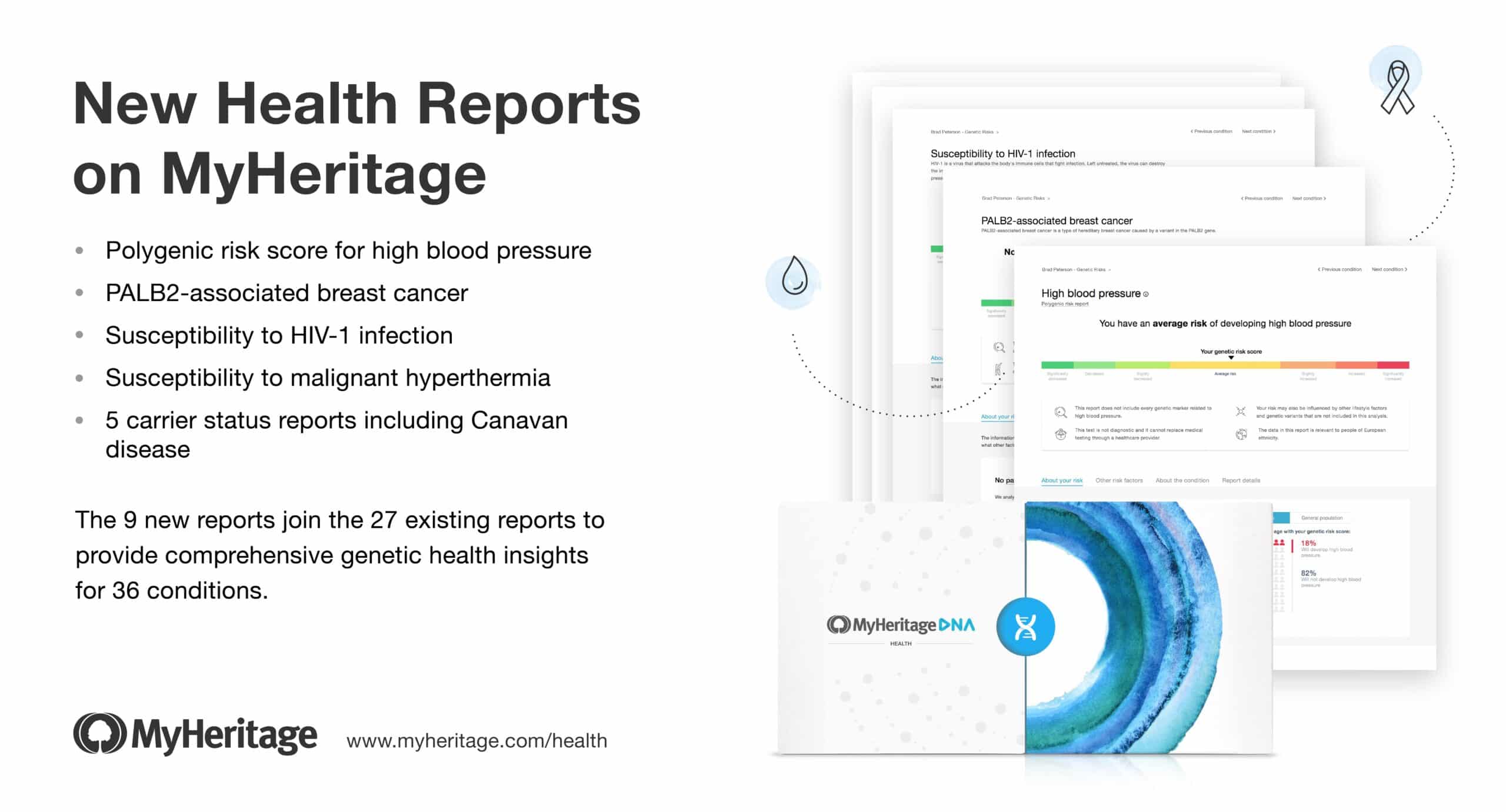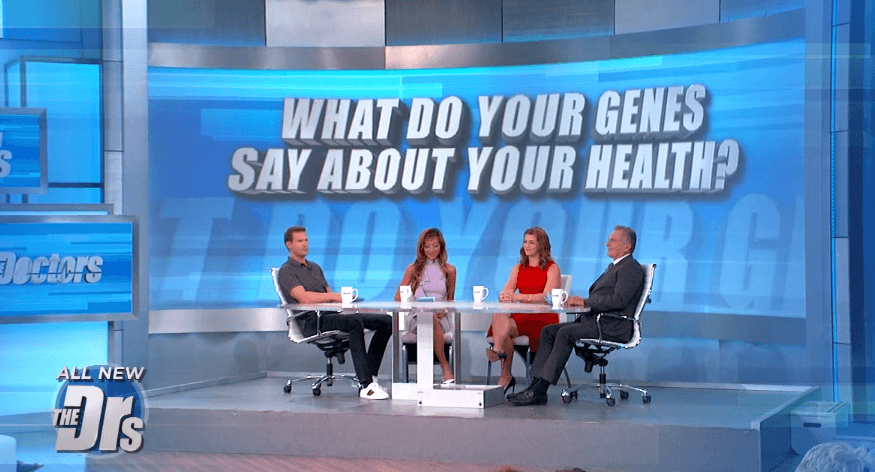Family Health History – Why the Past and Present is Important to your Future
- By Jessica Greenwood, MS, LGC ·
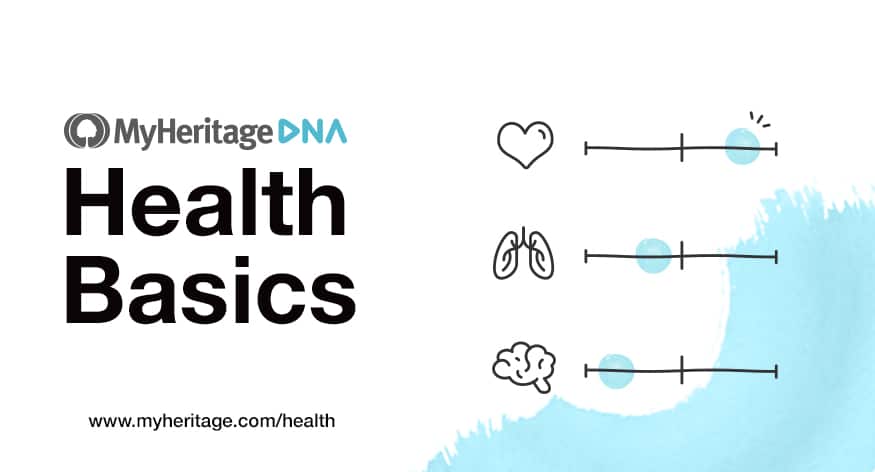

The holidays are a time to gather with family, tell stories, reminisce, and remember. This spirit of sharing makes it an opportune time to talk about your family’s ethnic origins and how relatives are connected. You may wish to start creating your family tree while you have access to relatives you don’t see often that can answer your questions. The holidays are also a valuable opportunity to talk about your family’s health history, both past and present, to help inform your personal health in the future.
Discover how your personal DNA variants may affect your health with MyHeritage Health.
What role does family health history play?
Similar to our heritage, the origins of our health story are established by the generations that came before us. This health story is unique to each individual. It begins even before you were conceived and is influenced by multiple components that set the stage for your personal health, both now and in the future. These factors include the following:
- Location – Where your family lives can influence things like exposure to environmental agents, access to medical care, etc.
- Environment and lifestyle – The eating and exercise habits of your relatives, particularly those of your immediate family, have been shown to have a significant impact on your own habits as adults. In addition to food consumption, whether or not your relatives smoke or drink can also influence your behaviors with those substances.
- Ethnicity – People of certain ethnic backgrounds are more likely to be a carrier for specific genetic diseases.
- Genetics – The DNA that is passed down from generation to generation within a family can control whether or not we inherit certain traits, diseases, or even the predisposition to develop a disease.

Similar to our heritage, the origins of our health story are established by the generations that came before us.
How do I ask family members about their health history?
Health is a very personal subject and even relatives can be reluctant to share knowledge about their own health or that of other family members, particularly if that person is in poor health. You can have a productive conversation about health by following a few simple tips. First, explain why you’re asking. Helping relatives understand up front that the desire is not to be intrusive but to gather important information that can inform your own health may put them at ease.
Second, start with the present. Sometimes the easiest, most straightforward question someone can answer is about the status of their health now. Similarly, be specific in what you’re asking about. “Health” is a broad term and can be very subjective. For example, if you’re mainly concerned about the family members that have had cancer, ask that explicitly.
Third, pay it forward. Let family members know that if you find out something about your own health that may be pertinent to them or their children that you will let them know. Mutual sharing is always preferred over one-way disclosure.
Finally, respect reluctance or refusal to answer. As with questions about family connections, this reticence may be an indication that there is a broader story that you will want to explore further, but it may need to be approached in a different way or with a different member of the family. Pushing too hard is likely to lead nowhere.

Health is a very personal subject and relatives may be reluctant to share their health history. Following a few simple steps may help put relatives at ease.
What do you need to know about your family’s health history?
Genetic counselors typically recommend gathering information about at least three successive generations of family health history. For someone with children, this would mean themselves, their children, their parents, aunts, uncles, siblings, etc. To assist in organizing this information and storing it so you can refer and add to it in the future, you can consider using a tool like the CDC My Family Health Portrait.
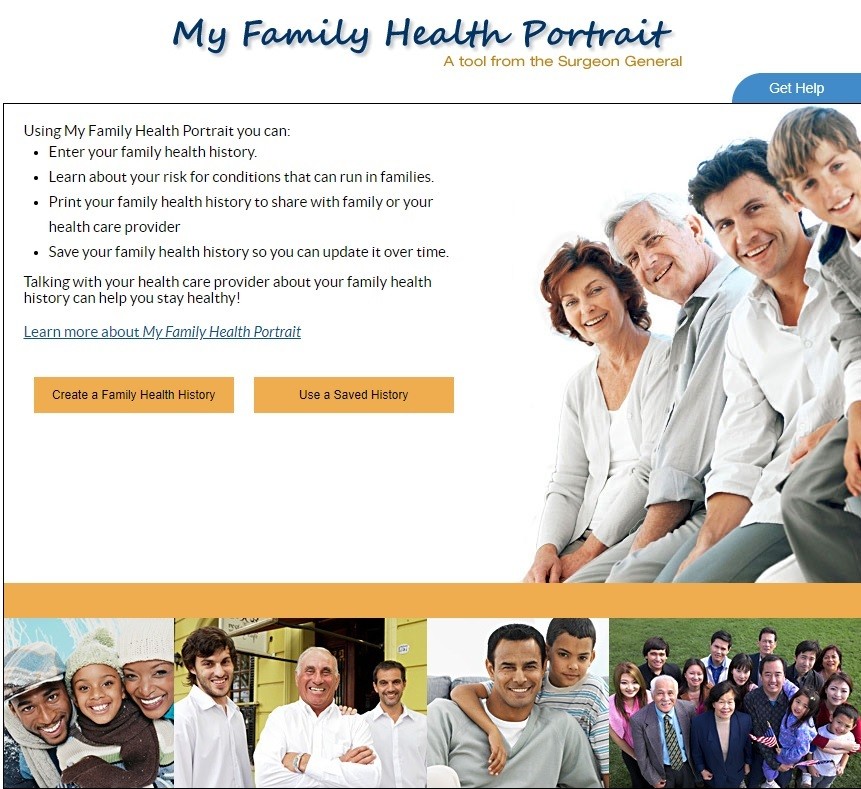
Consider using a tool like the CDC My Family Health Portrait to collect your family health history as well as print it out to share with your healthcare provider.
For each relative included in the family history, you will want to ask the same questions. Does this relative have or have they had any of the following:
- Chronic health conditions like diabetes, heart disease, stroke?
- Cancers?
- Known genetic conditions?
- Birth defects or intellectual disability?
- Neurological conditions like Parkinsons, autism, etc.?
For any condition recorded, it is important to ask about the age at diagnosis, if any genetic testing was performed, and if there are health records related to the diagnosis that you may be able to access.
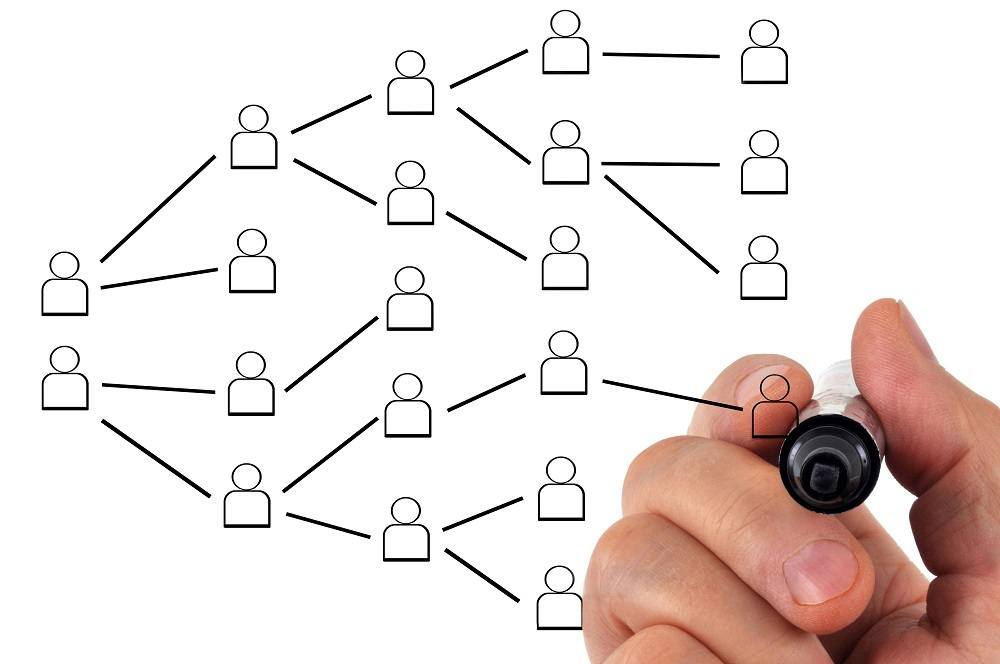
For each relative included in the family history, you will want to ask the same questions about cancer, chronic health conditions, and known genetic diseases.
Another important task is to clarify the age and cause of death for anyone in the family that is deceased. Families can craft stories around the deaths of their loved ones that may leave out important details about the actual cause of death or contributing factors that may be pertinent to you.
Genetic testing with MyHeritage Health is one way to find out how your personal DNA may impact your own health and potentially, the health of other family members. While it is possible for genetic conditions to present without any family history, despite extensive scientific advances in genomic and genetic testing, family history is still the strongest predictor of disease. As such, even for those who choose to undergo genetic testing, it is important to consider the results in the context of their family health history. Gathering together with your extended family at the holidays offers a unique chance to have conversations about family health history that may help inform both your current understanding of your health and your future health decisions.



